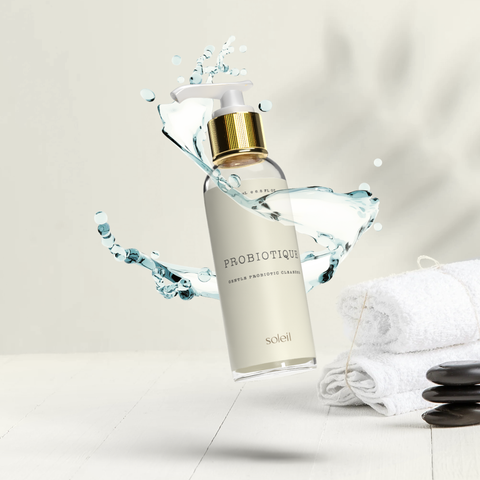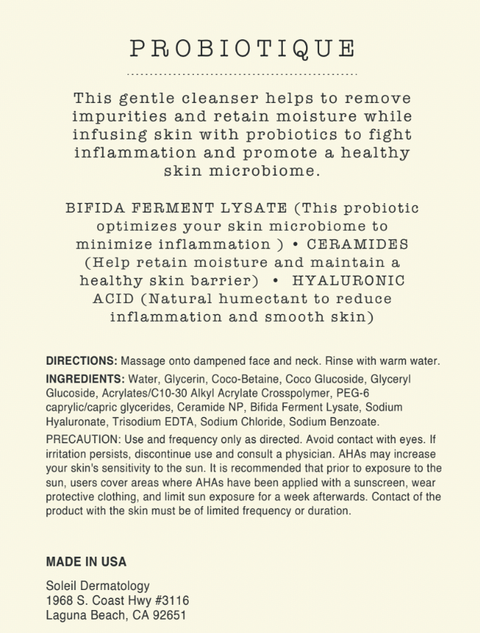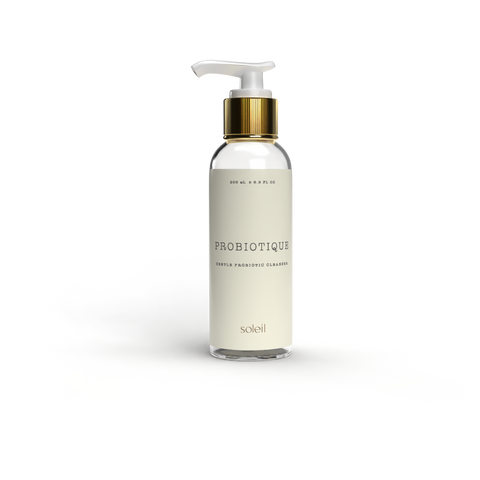Nicotinamide and Polypodium Leucotomos are two substances that have garnered significant attention in dermatological research for their skin health benefits, particularly in the context of photoprotection and skin cancer prevention. As a dermatologist, I find it essential to discuss the scientific backing, possible benefits, and practical applications of these compounds in daily skin care routines.
Nicotinamide: A Versatile B Vitamin for Skin Health
Nicotinamide, also known as niacinamide, is a specific form of vitamin B3. It is well-regarded in dermatology for its broad range of skin benefits. One of the most compelling uses of nicotinamide is in the prevention of non-melanoma skin cancers, particularly in individuals with a history of basal cell carcinoma and squamous cell carcinoma.
Mechanisms of Action:
- DNA Repair: Nicotinamide has been shown to enhance the repair of DNA damage in skin cells caused by UV exposure.
- Immune Protection: It helps maintain the immune responses of the skin which can be suppressed by sun exposure, thus reducing the risk of skin cancer.
- Anti-inflammatory Properties: Nicotinamide can reduce inflammation, a common issue in many skin conditions, including acne and eczema.

Published in Journal of Nucleic Acids 2010
Clinical Evidence:
Several studies underscore the efficacy of nicotinamide in reducing the rate of new non-melanoma skin cancers and actinic keratoses in high-risk individuals. A notable study in the NEJM indicated a significant reduction in skin cancers in those who took nicotinamide daily compared to a placebo group.
Polypodium Leucotomos: A Natural Fern Extract with Photoprotective Properties
Polypodium Leucotomos is derived from a tropical fern plant native to Central and South America. Historically used for the treatment of inflammatory disorders, recent studies have highlighted its role in protecting skin from the adverse effects of sunlight.
Mechanisms of Action:
- Antioxidant Activity: Polypodium Leucotomos acts as a powerful antioxidant, helping to neutralize harmful free radicals generated by UV radiation.
- Enhancing DNA Repair: It supports the body's natural ability to repair DNA damage caused by UV exposure.
- Protecting Against Photoaging: By inhibiting the breakdown of collagen, it helps prevent wrinkles and loss of skin elasticity.
Clinical Evidence:
Research has demonstrated that supplements containing Polypodium Leucotomos can reduce sunburn severity and may decrease the long-term risk of photoaging and skin cancer. It is often recommended for patients with photosensitive diseases, such as polymorphic light eruption, and as an adjunct in the photoprotection of patients with high skin cancer risk.
Practical Use and Considerations
Both nicotinamide and Polypodium Leucotomos are available as oral supplements and can be used as part of a comprehensive skin care and sun protection strategy. However, they should not replace traditional sun protection methods, such as the use of broad-spectrum sunscreens, wearing protective clothing, and avoiding peak sunlight hours.
Conclusion
The incorporation of Nicotinamide and Polypodium Leucotomos into dermatological practice represents a significant advancement in our approach to photoprotection and skin cancer prevention. As ongoing research continues to affirm their benefits, these substances hold promise not only for individuals with high skin cancer risks but also for those seeking to maintain skin health in the face of cumulative sun exposure. Always discuss the use of these supplements with a dermatologist to ensure they are a safe and effective addition to your skin health regimen.







